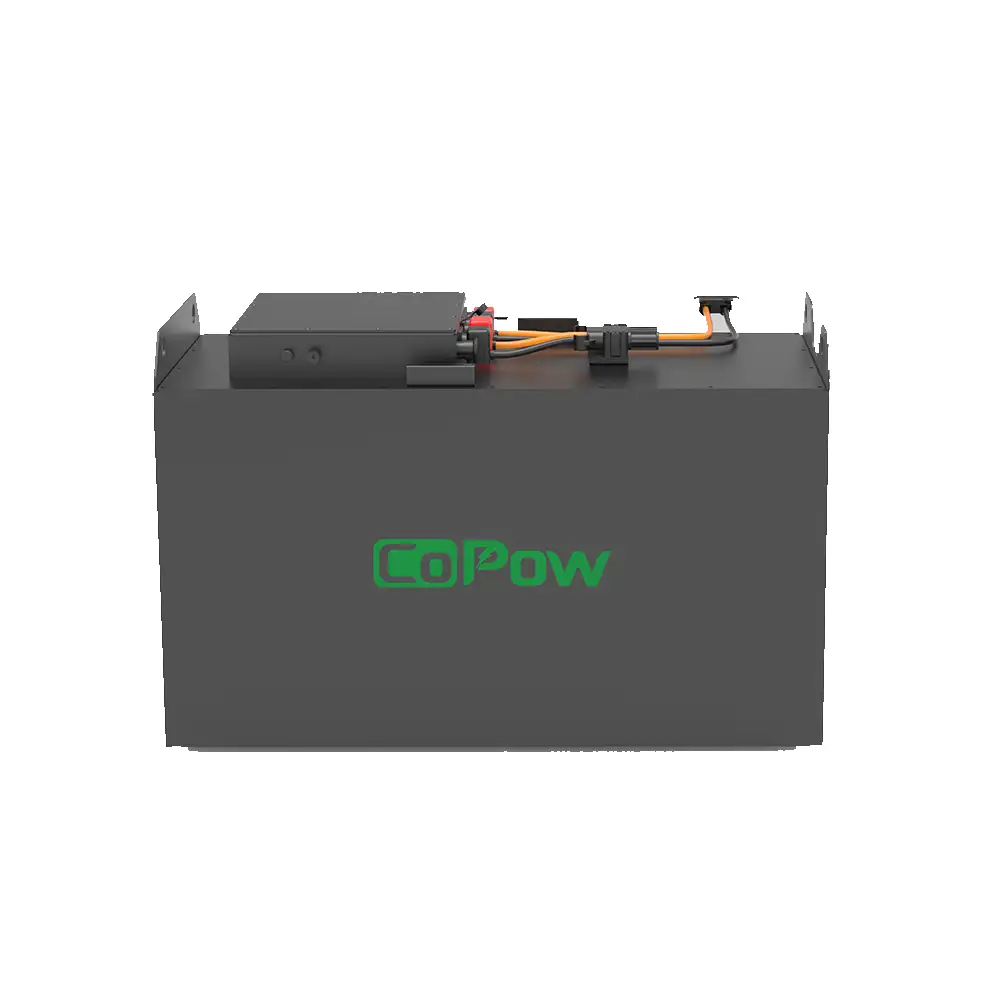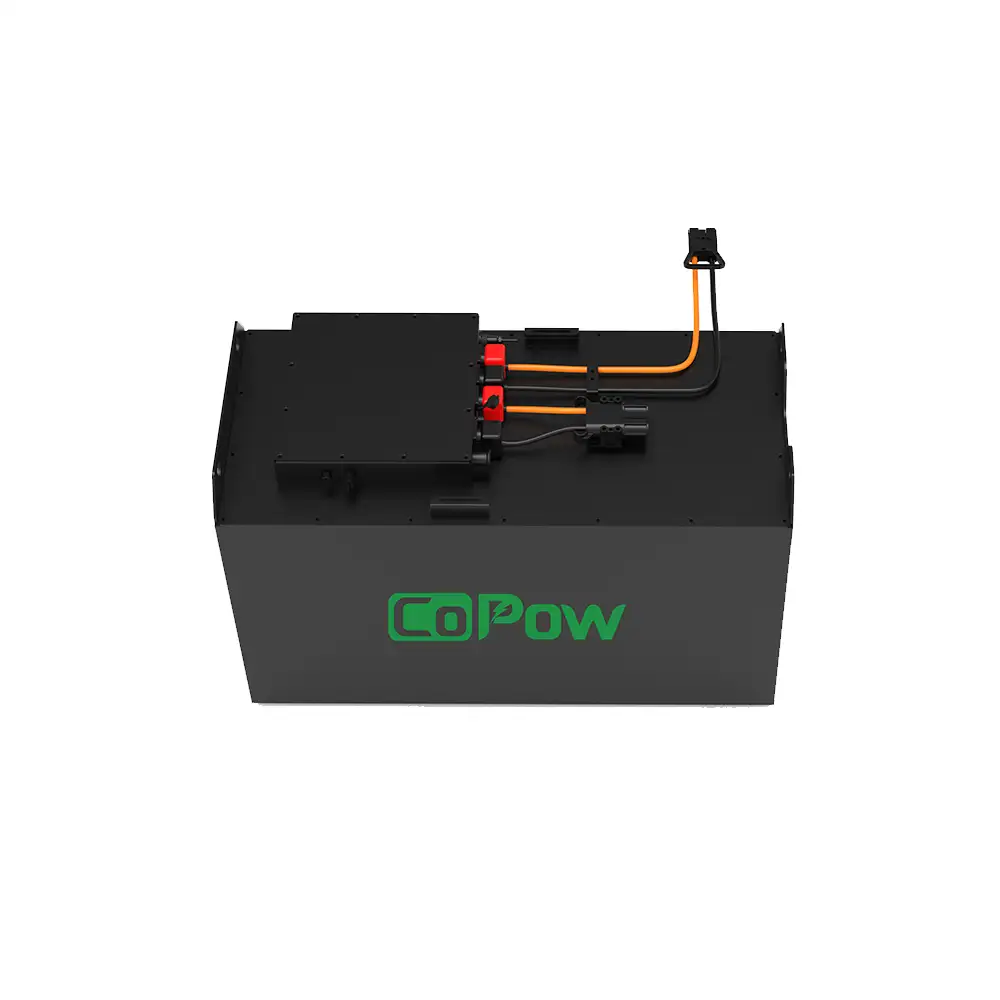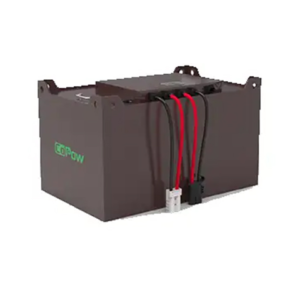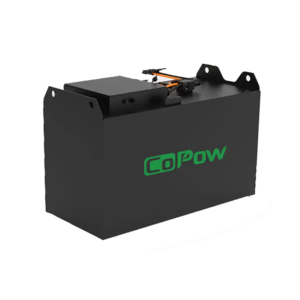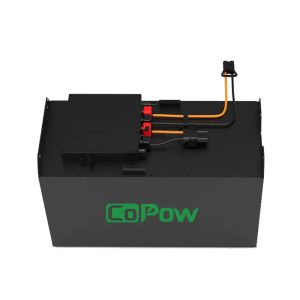Below are some of the factors that affect the range of 48V 315Ah forklift batteries:
Power: The higher the power of the forklift, the higher the power consumption during operation, and the shorter the range under the same power.
Mechanical efficiency: The efficiency of the forklift’s mechanical transmission system, wheel bearings and other components will affect the energy loss.
Battery aging degree: with the increase in the number of uses and the passage of time, the capacity of the battery will gradually decline. An aging battery can store less power and the range will be shortened accordingly.
Charging status: If the battery is not fully charged before use, or the charging method is incorrect leading to inadequate charging of the battery, then the amount of power available will be reduced, and the range will also be affected.
Ambient temperature: The performance of the battery is greatly affected by temperature.
Cargo weight: the heavier the cargo handled by the forklift, the more power the motor needs to output, the greater the power consumption, and the range will be reduced as a result.
Driving road conditions: driving on a flat road, forklift energy consumption is relatively low; while driving on a rugged, sloping road, or frequent turning and braking will increase the energy consumption of the forklift and shorten the range.
Driving speed: the faster the forklift is traveling, the greater the power consumption. Rapid acceleration, rapid braking and other operations will also consume more power than smooth driving, resulting in a decrease in range.
Frequency of equipment use: Frequent use of various functions of forklift trucks, such as frequent lifting and lowering of forks, prolonged use of lights and horns, etc., will increase the power consumption of the battery and affect the range.


